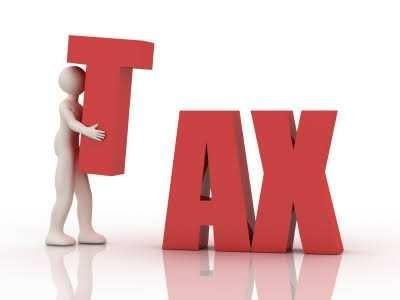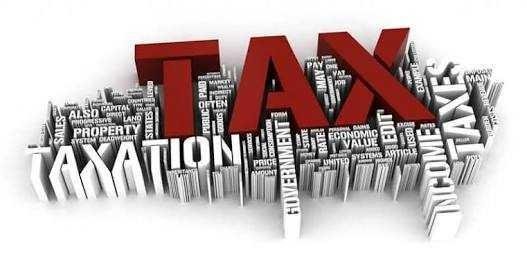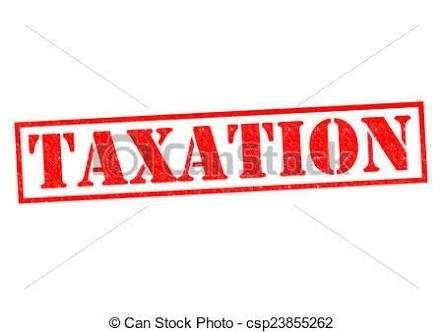MORE ABOUT ECONOMICS ON TAXATION: PHASE 3........
Tax is compulsory levy payable by an economic unit to the government without any corresponding entitlement to receive definite and direct "quid pro quo" from the government.
QUID PRO QUO, means something given or taken as equivalent to another. Note the word "direct" it is not a price played by the tax: payer for any definite service rendered from the government is not related or based upon their tax.
A tax is a generalized exaction which may be levied on one or more criteria upon individuals, groups of individuals or other legal entities. Note that; a public receipt containing an element of compulsion doesn't automatically become a tax. In order to be a tax, the absence of a quid pro quo, is a must.

A tax system I;e the set of all taxes for achieving certain objectives must adhere to certain principles or characteristics. A good tax system therefore, is one which is designed on the basis of an appropriate set of principles such as equality and certainty. The first set of such principleswhichevacuated by Adam Smith, which he called "canons of taxation". Adam Smith was interested in the ways by which an economy can increase his productive capacity and thereby achieve a higher rate of growth; to him, the primary responsibility of economic growth should rest with the private sector should be entrusted with the maximum possible economic responsibility for an efficient discharge of which it should be given as much freedom as possible.
With this in view, he laid down those principle of taxation which were to satisfy the condition, the four canons of taxation was prescribed by Adam Smith are the following.

- Canon of equality: The subjects (citizens) of every state, ought to contribute tow and the support of the government, but this !UST be done in proportion to their respective abilities: I.e in proportion to the revenue, which they respectively enjoy under the protection of the state (legal earning). Objective of economic justice as observed by this canon states that in absolute terms, the riches should pay more taxes than the poor people. Tho is because without the protection of the states, they could not have earned and enjoyed that extra income accruing to them hence, both the rich and taxation I.e each person paying a given percentage of his income as tax.
